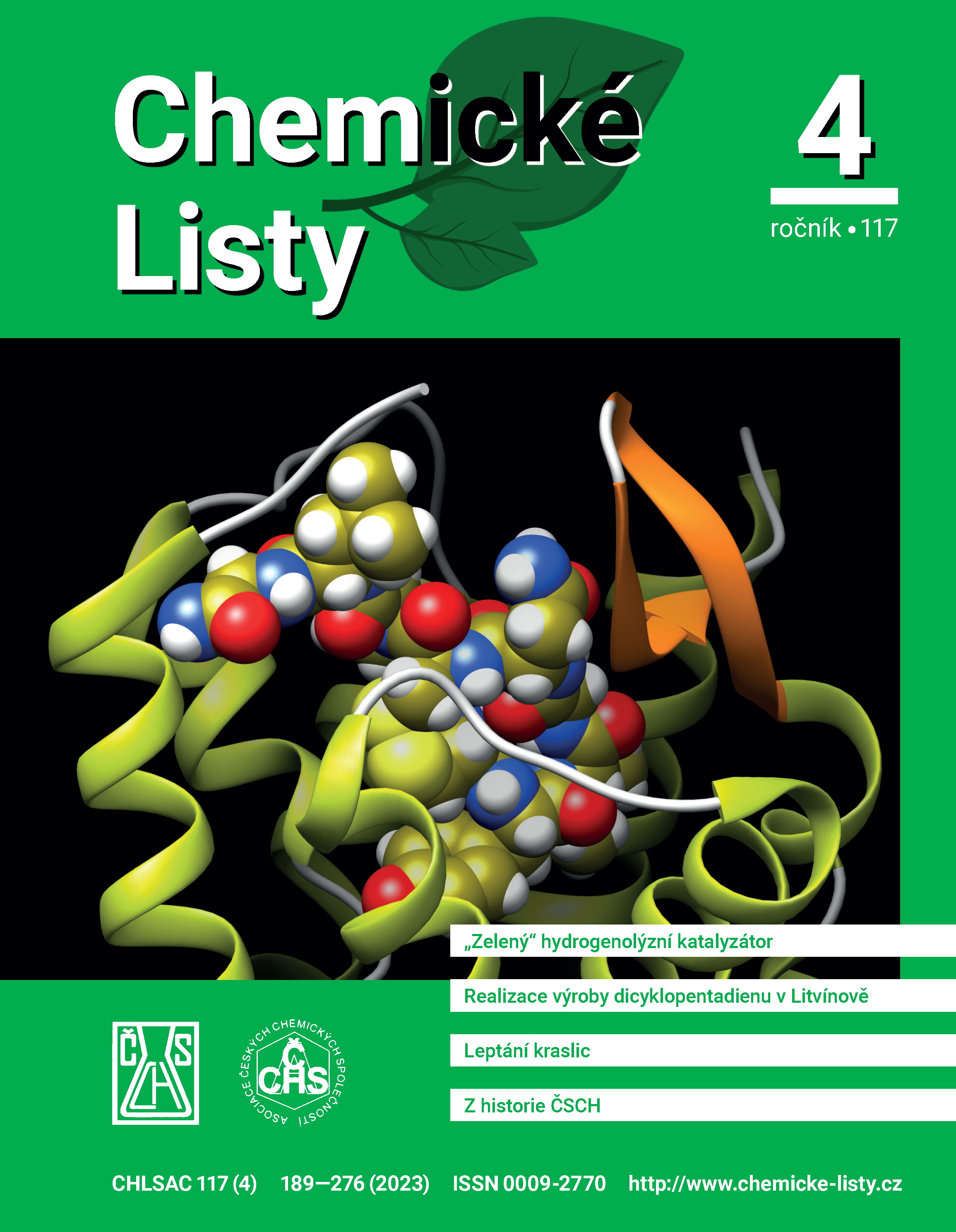Ecological Aspects and Applications of Starch
DOI:
https://doi.org/10.54779/chl20230196Keywords:
reactions of starch, waste water, adsorption, biodegradable plastics, biofuelsAbstract
The article characterizes starch as an important raw material for various technologies. The properties of native starches (e.g. solubility, rheological properties or retrogradation) are not suitable for the given purpose in some cases and are therefore modified – physically, chemically or biochemically. The use of derivatives modified in such a way in food production, as well as for their technical use is indicated. The so-called "clean-label" starches represent a relatively new group, not marked with the E index in food (they are not chemically modified). Their advantage lies in that they respect the environment, not producing chemical by-products. However, their application by manufacturers requires caution to avoid excessive energy consumption and the resulting production costs. In the article, the main attention is paid to the ecological use of native and modified starch – for the production of biogas, bioethanol, biobutanol, as a flocculant, as a part of photocatalytic surfaces, formulation of biodegradable plastics and as an adsorbent. In addition to the literature review, examples of the research in this area at the Department of Carbohydrates and Cereals at the University of Chemistry and Technology are given.





